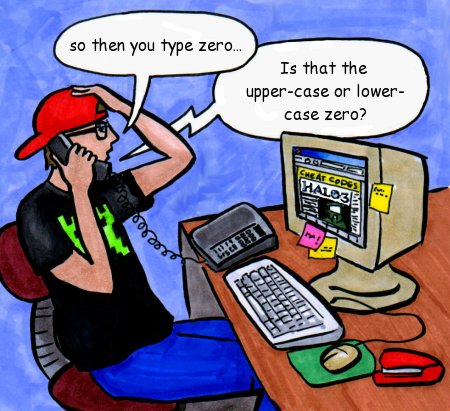 |
| Explosion of digital media in today's society |
Students need to develop new literacy skills since the Internet involves reading on-line and comprehending information. Students must decipher valid information and critically evaluate it. Audience, format, and purpose are factors the writer/reader must take into consideration when using the Internet (Coiro, J. 2003). Students need the skills to be tech-savvy in order to be successful in the world.
According
to the National Educational Technology Standards for Students, the expectation
for the student is to use their schema and develop the information gained from
digital media. Digital media will enable students to become more innovative and
creative in their thinking. Students
will become more adept at communicating and collaborating with others. They will have to learn to navigate the web
to find sources. Once they locate sources, students will need to analyze and
critique them. Furthermore, students will have the flexibility to learn new information
and apply it since the web is constantly changing. NETS for Students NETS for students
National Educational Technology For Teachers
expects teachers to become better informed and educated in digital age
technology. This new responsibility means professional development for teachers
in technology. The demands of the global job market mandate that students are
to have the expertise in reading and communicating in nonlinear text. Teachers, who gain this technological
expertise, will be able to promote a richer learning environment. As a result,
students will have the learning experiences to develop into responsible,
productive citizens. NETS for teachers
The teachers must ensure there is a clear cut purpose designed for the students when reading online and the process that must occur should involve the student making judgments about what is relevant or irrelevant about the information learned. As a result, students will evolve into more analytical and critical thinkers. In third grade, students study the explorers, Christopher Columbus, John Cabot, and Jacques Cartier. Students can use the Internet to research one of the explorers. Students will be given various links to read and then discuss with the class the variation in stories about the explorer’s lives, accomplishments, and other people’s perception of the various explorers.

The teachers must ensure there is a clear cut purpose designed for the students when reading online and the process that must occur should involve the student making judgments about what is relevant or irrelevant about the information learned. As a result, students will evolve into more analytical and critical thinkers. In third grade, students study the explorers, Christopher Columbus, John Cabot, and Jacques Cartier. Students can use the Internet to research one of the explorers. Students will be given various links to read and then discuss with the class the variation in stories about the explorer’s lives, accomplishments, and other people’s perception of the various explorers.

In technologically advanced classrooms,
students will have ample time to develop new literacies. Professional development for teachers will provide
educators with the skills to promote richer classroom environments for
students. Students will be given opportunities to read, explore and evaluate
the web so they can develop their skills for the digital age.
References
Coiro, J., (2003, Feb.). Reading comprehension on the internet: Expanding our understanding ofReferences
reading comprehension to encompass new literacies. The Reading Teacher. 56(6)
http://www.readingonline.org
Leu, D., Leu, D.D., Coiro, J.(2009) Teaching with the Internet K-12: New Literacies New Times
http: www.sp.uconn.edu/~dj/eu/fourth/one.ht
Leu, D. J., O'Bryne, W.I., Zawilinski, L.J., McVerry, J.G., Everett-Cacopardo, H. (2009).
Expanding the new literacies converation. Educational Researcher. 38 (4). 264-269
http://ctserv.org/ssr/downloads/eu-newlit.pdf

No comments:
Post a Comment